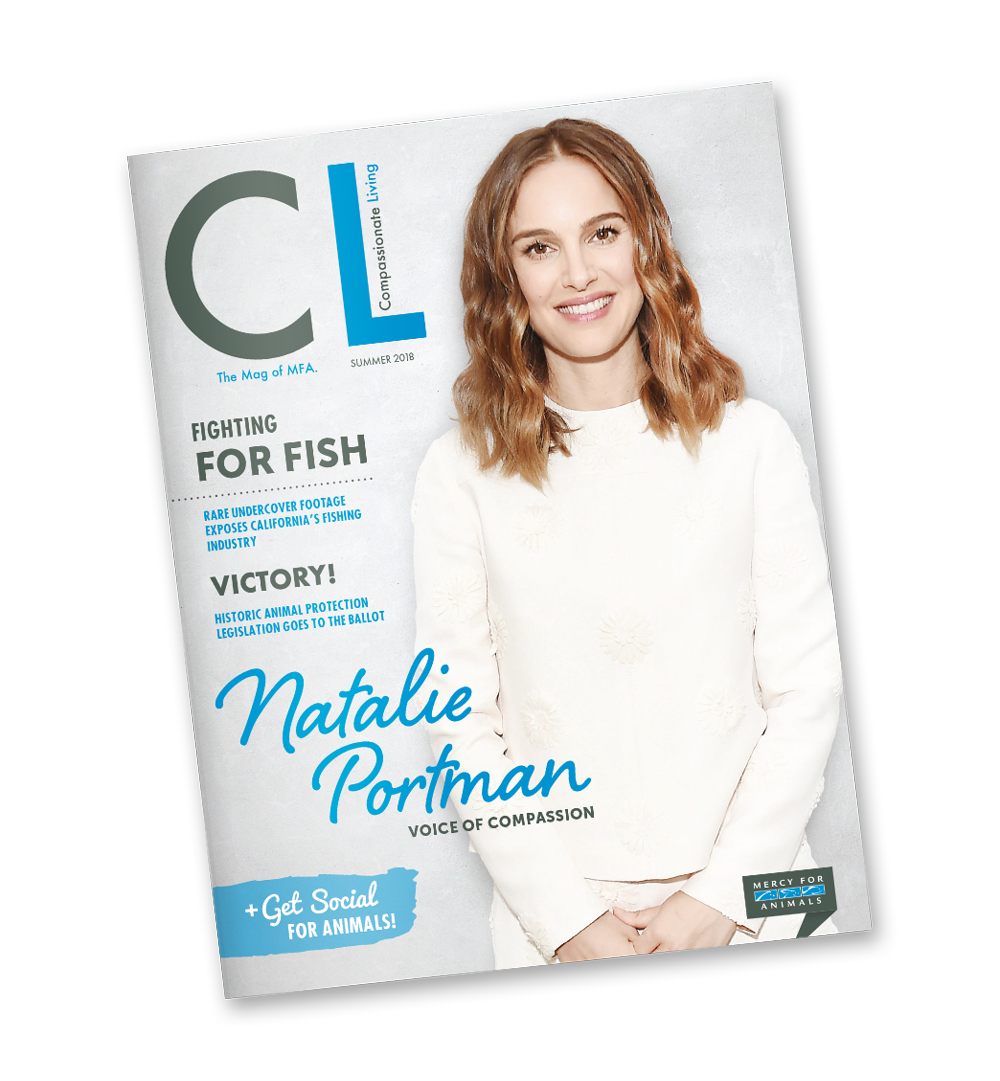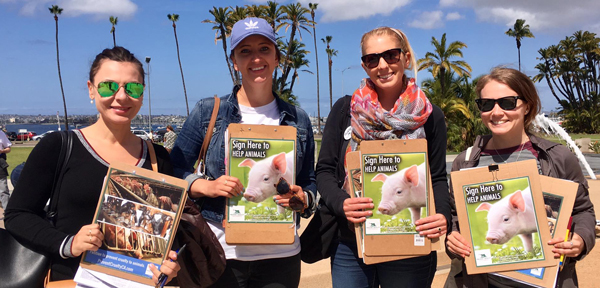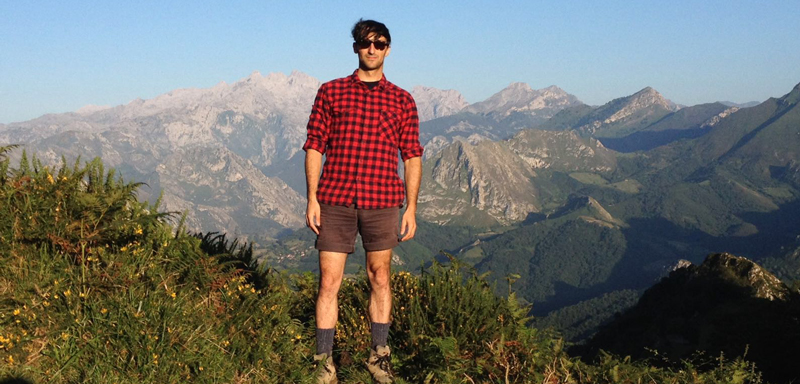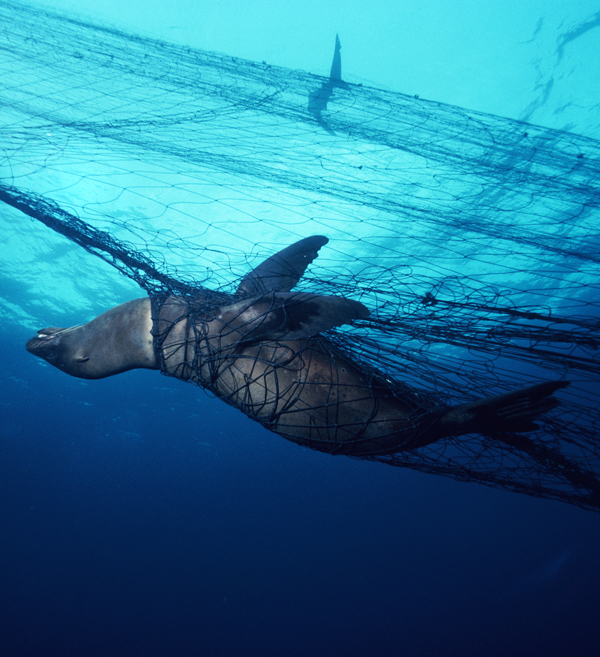Natalie Portman
An MFA exclusive interview

Natalie Portman first graced the silver screen at the early age of 12. Since then, she’s appeared in over 40 feature films, ultimately gaining international stardom in the Star Wars prequel trilogy and earning an Academy Award for her breathtaking performance in Black Swan.
With her latest project, she’s combined her passions for activism and filmmaking by taking on the roles of producer and narrator to bring awareness to an issue that is especially close to her heart.
Based on Jonathan Safran Foer’s book Eating Animals, Natalie’s new documentary by the same name exposes how factory farming wreaks havoc on animals, the environment, and rural communities.
MFA spoke with Natalie about the impact of the film and her commitment to protecting animals and people.
What inspired you to live a plant-based lifestyle?
I became a vegetarian when I was nine years old. I think it was really relating to animals and being so empathetic toward them—recognizing they have emotions and feel pain. I didn’t want to do anything to hurt them. About six years ago I became vegan after reading Jonathan Safran Foer’s book Eating Animals. The book had a huge impact on me and made me realize that dairy and eggs were also very harmful to animals.
What’s a favorite vegan dish you enjoy at home?
At home I make vegan couscous a lot. In terms of what I eat out, I am very into Thai curries and green curries. I’m also very into Mexican-Korean fusion.
What attracted you to producing and narrating Eating Animals?
I loved the book so much. I wanted to make the film version of it, and Christopher Quinn, the director, did such an incredible job. He made it not just an adaptation of the book but really his own work. You can read the book and see the movie and have two very different experiences. Both are very compelling in different ways. I wanted to be part of helping spread the message because I think it’s one that is really valuable.
Tell us about a scene in the film that had the greatest impact on you.
There were pink lagoons where they’ve been spraying all the feces, and these lagoons then go into the soil and rivers. The fish get sick. And people in the area have higher rates of disease. You see they are doing it right next to poor minority communities. It’s not just about compassion for animals; it’s also about the effect on humans.
What do you hope viewers will take away from your film?
I hope people see that the way we’ve tried to make things on such a large scale has really hurt our quality of life. Also, it’s understandable that going from being an omnivore to a vegan overnight is difficult, but if we can cut out eating animal products for one meal a day or one meal a week, that makes a huge difference.
What’s your vision for the future of animal advocacy and how do you envision your role in the movement going forward?
I’m one of many voices who care deeply about animals. It’s also about people. Because we all want to treat other living beings with the utmost kindness and respect. I hope I can continue to be a voice and help spread the word—and also practice what I preach, to live a life in alignment with my ideals.


